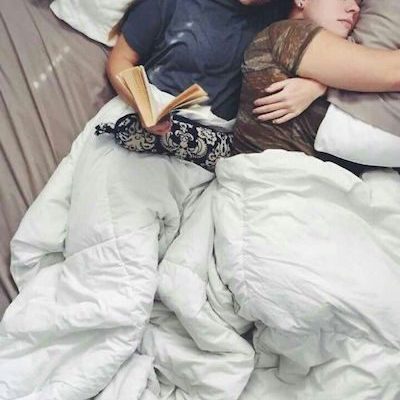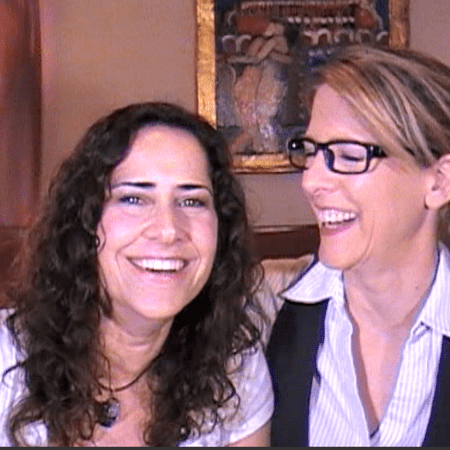 It can be tricky, but good boundaries may be the most important aspect of strong relationships.
It can be tricky, but good boundaries may be the most important aspect of strong relationships.
I had to learn about boundaries the hard way. After partying my wild summer away, I found myself, one semi-drunk, post-club night sleeping with a friend. This decision wouldn’t have been so bad if I hadn’t been dating someone else at the time. Or if I hadn’t already known, as her friend, that she was a perpetual cheater.
Now, apparently, I was too. I was filled with so much self-loathing following that event that I then made an even worse decision. After spending some time single, I then got into the most toxic relationship of my life. I’m certain it’s because it’s what I thought I deserved at the time. I lost so much of myself that by the time I got into that relationship, I was ripe to be abused.
After many months of feeling controlled, her behaviour alternating between gaslighting, projecting, and disrespecting me, I ended it with Toxic. After a few months of being out of that noxious environment, I began to understand that the whole thing stemmed from losing myself, to begin with. It all started with bad boundaries. Here are 3 reasons why boundaries are essential for healthy relationships.
1. Boundaries help us hold onto ourselves
Boundaries are basically the mental lines that mark where we end and others begin, that delineate what is appropriate or not. Signs of good boundaries in relationships are things like maintaining your own hobbies and friends, maintaining personal values, and communicating openly.
Bad boundaries in dating are things like dropping all your friends once you get a girlfriend, having an inappropriate relationship with your ex, or taking things outside your relationship that should stay within it. The biggest issue with having poor boundaries is it often leads to self-abandonment, the number one relationship killer. In my relationship with Toxic, I moved in with her fairly early on, even though my gut was telling me to get my own place.
By abandoning this need in myself, I set myself up for being disregarded in the relationship and in the household. After all, it was her house and I was the one who ignored my own need to remain independent. Boundaries also help us identify red flags.
2. Boundaries help us see the truth
Because I was in a bad place and prone to ignoring my own boundaries, I wore rose coloured glasses with Toxic when it came to our compatibility.
I traded the illusion of being in a “stable” relationship for seeing the true her. She presented herself to be highly competent, steady, reliable, and consistent. What I noticed over time was just the opposite. She was aggressive, volatile, punishing, and a roller coaster of unpredictability. Because I didn’t hold my boundaries well in communicating my needs and speaking my truth, I ignored the red flags that arose in our relationship and the truth that we just weren’t right for each other.
By the time I came back to me enough to wake up and realize the emotional abuse that was taking place, I had invested over a year and was living in her house. Holding our own boundaries helps us trust our intuition and see what is happening in front of us.
3. Boundaries keep our relationships sacred
Healthy relationships are built on pillars like trust, intimacy, and respect. Part of building these pillars over time is knowing that you’ll each keep relationship stuff within the relationship. For example, Toxic had a best friend who she used to date who was still very flirty with her. It didn’t bother me much until I realized that she was talking about her feelings with her ex and not with me.
The person we share our world with is our person and when we shut out our partner but let someone else in, it erodes trust and ultimately the foundation of a relationship. I learned over time that a good boundary in this scenario, when you’re wanting support from a friend regarding your relationship, is to avoid secrets. Anything I say to my friend about my relationship I have already said to my partner. And these days, I expect the same in return.
Good boundaries help us know with certainty that we have each other’s back and engage in relationship building habits rather than tearing down habits.




